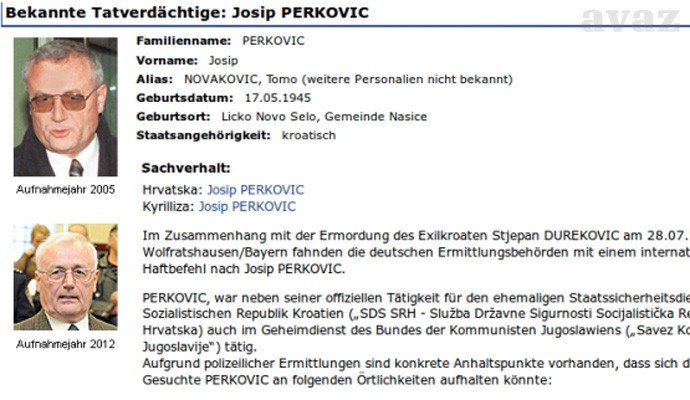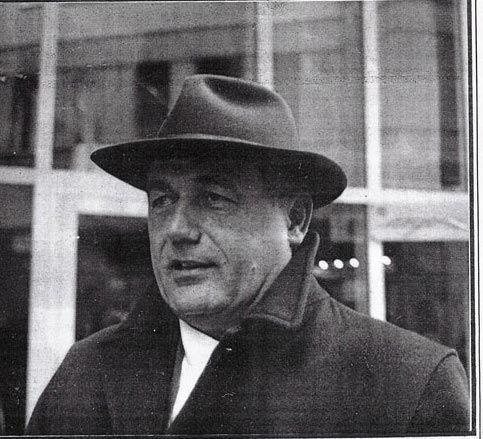Go to Part I
Go to Part II
Go to Part III
X: ISRAEL AND THE REVOLTS OF THE MIND[1]
The Jewish antagonism has been manifested in a continuous—even if underhanded—manner in the two thousand year course of the Judeo-Christian clash. “The Jew—James Darmesteter tells us—was the champion of reason against the mythical mind; in the intellectual night of the Middle Ages, only in it did he think that he could find asylum. Provoked by the Church which wants to persuade him, after having tried in vain to convert him by force, he undermines with irony and perspicacity some of her controversies, and, like no one else, knows how to find the vulnerabilities of her doctrine. The understanding of the Sacred Books, and even more the terrible sagacity of the oppressed, are his means to discover those points. He is the doctor of the incredulous; all the revolts of the mind are presented to him in the shade or under an open sky. He worked in the immense forge of curses of the great Emperor Frederick and of the princes of Swabia or Aragon; he fashions together this deadly arsenal of reasoning and irony that he offered then to the skeptical of the Renaissance and the libertines of the Seventeenth Century. And the sarcasm of Voltaire is none other than the heavy echo of a word murmured six centuries earlier, in the shade of the ghetto, or, even earlier, (in the Counter-Gospel of the I and II Century) at the time of Celsus and Origen, and at the very origins of the religion of Christ.”[2]
For his part, Elie Faure (1873-1937), whose works were recently reprinted and highly publicized, talks about “this sarcastic snickering (Heine, Offenbach) towards all that is not Jewish […]. His ruthless analysis and his irresistible sarcasm acted as vitriol.” Following the course of our history, “it is easy to follow the trail, and although it is not possible to quantify the dissemination of Jewish thought, after its passage we can take note of its destructive power. Sigmund Freud, Albert Einstein, Marcel Proust, Charlie Chaplin opened up to us, in all senses, the prodigious streets which demolish the narrow lanes of the Classic Greco-Latin and Catholic edifice in which for five or six centuries the burning doubt of the Jewish soul was waiting for opportunities to destroy it. For it is necessary to note that its [sc. that of the Jewish soul] own skeptical pole appears to emerge for the first time from the complete silence that surrounds the action of the Jewish mind in the Middle Ages, silence in the middle of which, from the Renaissance onwards, some voices burst forth, and which [sc. silence] today is annihilated by a great din.”
Yes, “is it possible to consider the Jew as anything other than a demolisher armed with corrosive doubts who, since the time of the Greeks, has always opposed Israel to the sentimental idealism of Europe? […] His historic mission is clearly defined, and perhaps forever. It will be the main factor of each apocalyptic period, as it was at the end of the ancient world, and as it will be at the end of the Christian world in which we live.”[3] Read more

 The
The 



